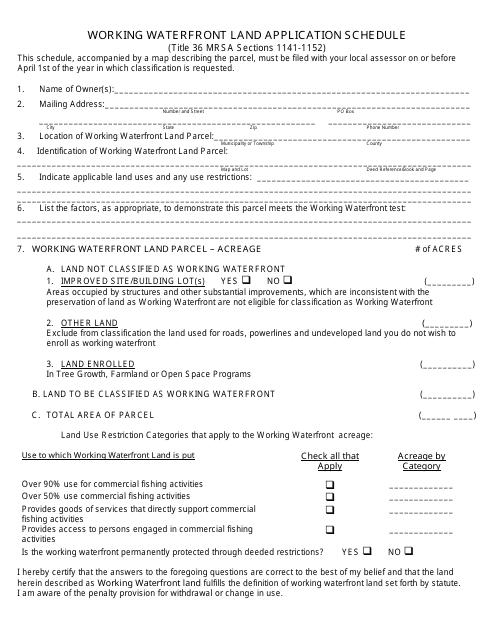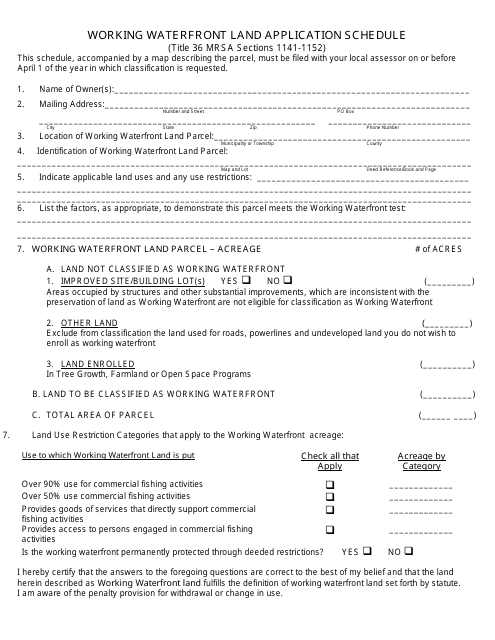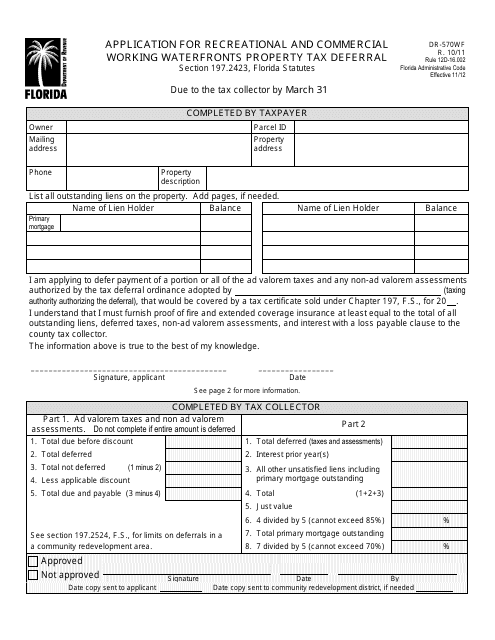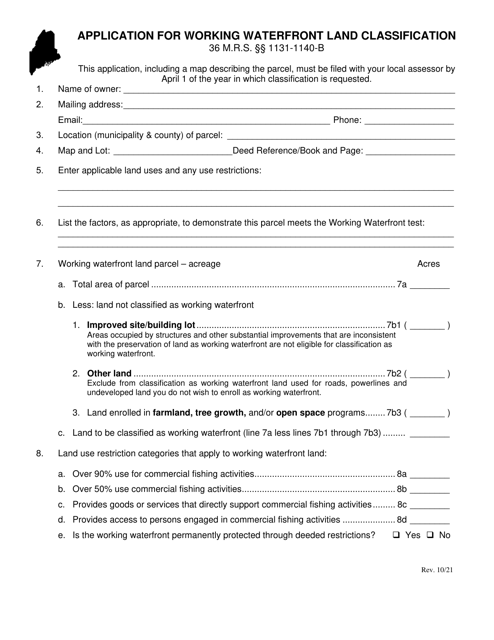Working Waterfront Templates
Are you looking to learn more about the vibrant and bustling areas known as working waterfronts? These dynamic spaces are vital to our local economies and are home to a variety of industries such as fishing, shipping, and tourism. Whether you are a business owner, resident, or visitor, understanding the importance and regulations surrounding working waterfronts is essential.
Working waterfronts, also referred to as working waterfront or working waterfront areas, are areas where marine-based activities and industries thrive. These areas serve as hubs for commercial fishing operations, maritime transportation, and other activities related to the maritime industry. They are unique because they provide a space for businesses to operate and contribute to the local economy while preserving the cultural heritage and history of the community.
If you are a business owner or considering starting a venture in a working waterfront area, it is crucial to familiarize yourself with the regulations and requirements specific to these areas. Applications for working waterfront land classifications or tax deferrals may be necessary to ensure you are eligible for specific benefits or protections. Each state and municipality may have its own forms and guidelines, so it is essential to consult the respective authorities to navigate the application process successfully.
Residents and visitors to working waterfronts can take advantage of the various recreational activities and experiences that these areas have to offer. From enjoying fresh seafood at waterfront restaurants and browsing through shops selling locally made goods to participating in boating and fishing adventures, there is always something exciting happening on a working waterfront. These areas often reflect the rich maritime history of the region and allow visitors to immerse themselves in the local culture.
As working waterfronts face environmental and economic challenges, it is essential to ensure their long-term viability. Government agencies, nonprofit organizations, and local communities collaborate to develop strategies that balance economic growth with environmental sustainability. Preservation of working waterfront areas is crucial to safeguard jobs, support local businesses, and maintain the unique character of coastal communities.
In summary, working waterfronts are bustling areas where marine operations and activities thrive. These areas contribute to the economic vitality of local communities while preserving the cultural heritage and history of the region. Understanding the regulations and requirements associated with working waterfronts is essential for businesses, residents, and visitors alike. By protecting and preserving these areas, we can ensure their long-term viability and continue to enjoy the many benefits they provide.
Documents:
5
This type of document provides information about the application schedule for working waterfront land in the Town of Harpswell, Maine.
This form is used for scheduling the application for working waterfront land in Maine.
This form is used for applying for a property tax deferral for recreational and commercial working waterfronts in Florida.




